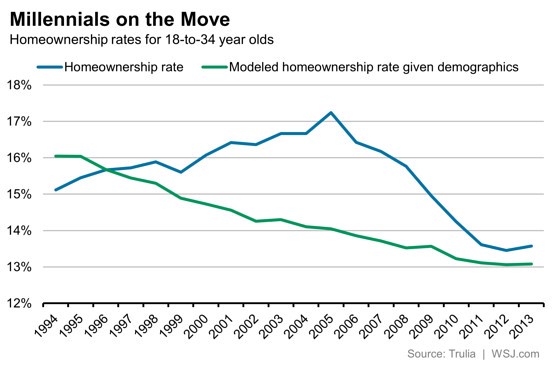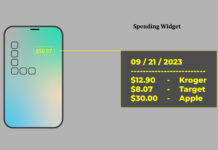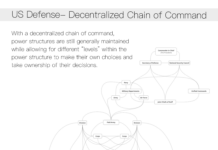By Yannis Gidopoulos – Apr 8, 2019
So what’s happening? Are we seeing some sort of psychological revolution amongst consumer preferences? Many commentators certainly seem to suggest that some sort of fundamental disruption is taking place in the human psyche: see Brooke Masters’ FT article (paywall), who writes that ‘we are entering an era in which consumers will value access over ownership’.
I disagree. The notion, I believe, that consumers no longer care about ownership is, I believe, wrong, and that the business model disruption (which I agree is taking place) is being driven by a revolution in consumer psychology/preferences is also wrong. Instead, I suggest that the underlying principles of consumer preferences have not changed, but that the economics have changed, largely as a consequence of technological innovation. The bottom line is that economics drives consumer behaviour. While it is true that a cyclical relationship exists in that consumer psychology drives economics, this exists in the form of a few simple psychological axioms — e.g people act in a cost-minimizing way.
Indeed, this is the central axiom of relevance: that people seek to minimize their costs. So let’s turn to home ownership. That fewer people are buying homes does not necessarily denote a change in generational attitudes towards access vs ownership. What has changed is that homes are now too expensive for millennials to acquire, irrespective of taste. The average house price in London is approaching £500,000. The average salary in London is £34,000. So in a post-GFC environment where banks lend responsibly, there are simply very few people who can afford to buy a home. Real estate is an asset class that has been inflating at rates well above any other illiquid asset over the years, and we now see prices which preclude most people from buying. Access (renting) is not preferred to ownership. It is simply impossible to buy for most people.
In a similar way, Generation X bought cars for, amongst other auxiliary reasons, two fundamental reasons: 1. Many of our parents lived in a suburban geographical landscape where cars were structurally necessary. 2. Public transport was more expensive than owning a car, for suburban to city commutes.
By contrast, why are millennials not so fussed over buying cars today?
- The emergence of new software capabilities (machine learning, cloud storage) has allowed for the viability of the Uber transport-as-a-service business model, which is reducing the cost of transport, and disrupting private car ownership. Ubers will only continue to get cheaper as a) electric cars reduce the operating costs and b) autonomous driving capabilities further reduce the operating costs. An electric, autonomous uber in 2025 will be able to drive you 5km, on demand, for under $1. So why buy a car?
- Urban engineering has moved away from suburban spaces towards higher density city living, further diminishing the attractiveness of private car ownership.
- Public transport has got faster, cheaper, and more reliable.
Again, in light of these structural and economic changes, consumer behaviour simply adapts in line with its unchanged fundamental psychological axioms (in this case, a basic proclivity for cost-minimization and convenience).
Analysis – This article offers a critical perspective on the economical factors at play in the emergence of the “access vs. ownership” economic model. The author seeks to evaluate the forces of economical shifts on consumer behavior, suggesting that consumers respond to the economy more so than their own psychological compass, with regards to ownership. This is valuable to my research, as it provides an interesting viewpoint on the cause and effect dynamic of consumer behavior.




